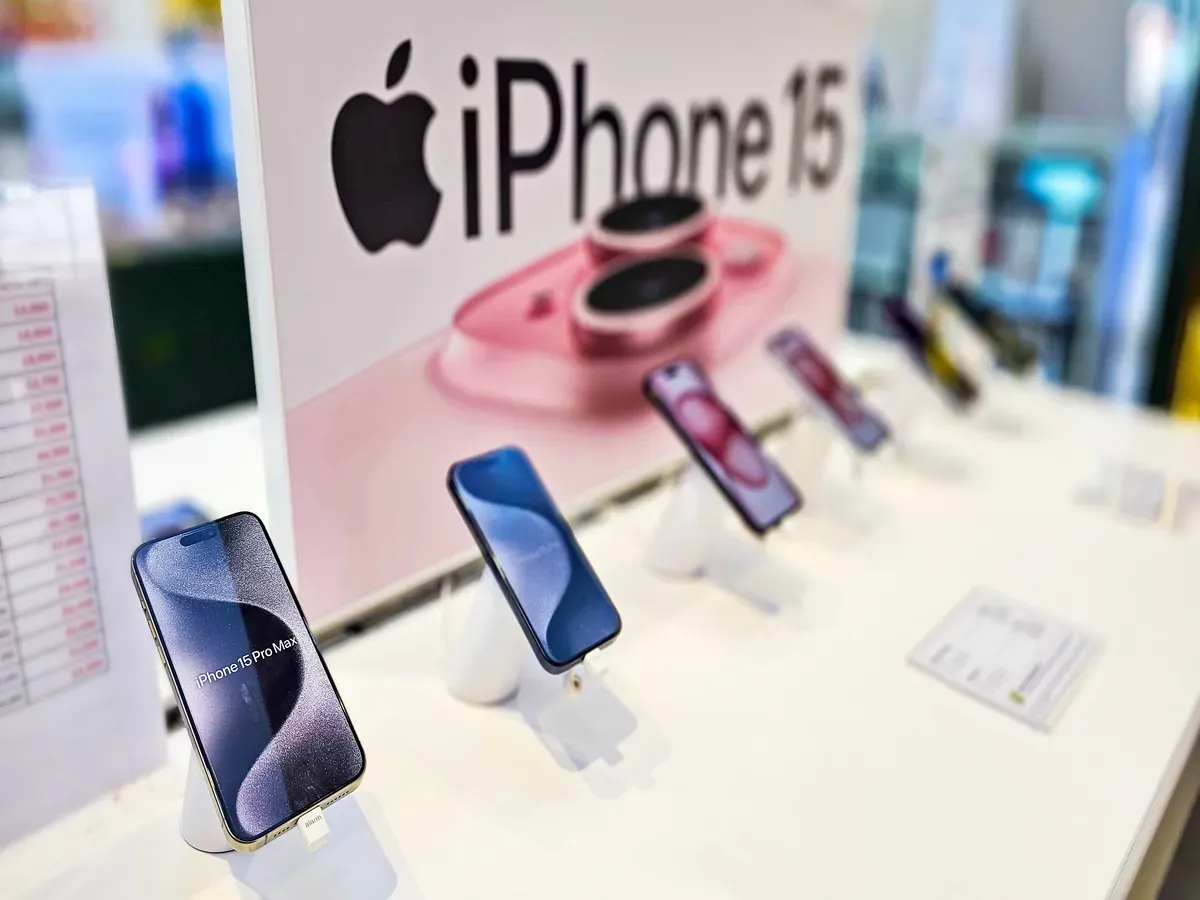Business News
Trump’s tariff blow to hit Apple’s India manufacturing, electronics exports
.png)
3 min read | Updated on July 31, 2025, 09:33 IST
SUMMARY
US President Donald Trump’s announcement of a 25% tariff on all Indian goods starting August 1 is likely to disrupt Apple’s plans to expand iPhone manufacturing in India, directly impacting exports to the United States.

Apple has in recent years been steadily building capacity in India with contract manufacturers Tata Electronics and Foxconn.
US President Donald Trump's announcement of a 25% tariff on all Indian goods starting August 1, along with an unspecified penalty, is expected to significantly impact Apple's plans to expand iPhone manufacturing in India and could also hurt its electronics export to the United States.
The development comes amid ongoing disruptions in electronics production due to China’s export restrictions on key components, capital goods and skilled professionals.
Industry experts said while China's curbs are likely to slow production, the US tariffs could directly hit outbound shipments of electronics from India.
"Today's sudden announcement of 25% tariffs on exports from India to the US will certainly hit Apple's plan of making India a large export hub for iPhone exports to US," said Navkendar Singh, Associate Vice-President, Devices Research, IDC India, South Asia & ANZ.
“To meet US demand with India-assembled iPhones, Apple needs significant expansion in India, which will now be directly impacted by these new tariffs,” he said.
Apple has planned to scale up iPhone production in India to 60 million units this fiscal year, from around 35-40 million units in 2024–25. Apple CEO Tim Cook had earlier confirmed during the company’s Q2 earnings call that all iPhones sold in the US during April–June would be shipped from India.
India-made iPhones are currently assembled at Foxconn’s facility in Tamil Nadu.
“For Apple, near-term challenges include higher costs on India-assembled iPhones exported to the US, potentially dampening demand and prompting recalibration of its supply chain,” said Prabhu Ram, Vice President, Industry Intelligence Group, CyberMedia Research (CMR). “While some long-term shifts towards US-based production are in motion, India will remain a critical lynchpin in Apple's global strategy,” he added.
China’s export curbs, meanwhile, continue to pose short-term headwinds for India's electronics sector, particularly in critical materials and components.
There is still confusion in the industry about whether the newly announced 25% duty will be imposed over the existing 10% baseline tariff introduced in April.
Electronics components bodies Elcina Secretary General Rajoo Goel said that China’s restrictions could inflate production costs and disrupt supplies, especially in the short term, until alternatives are developed.
Goel said that both the tariff hike and China's export curbs could shrink demand and slow growth.
Ashok Chandak, President of IESA and SEMI India, warned that a 25% tariff above the 10% baseline would erode India’s competitive edge over other Asian peers.
“However, it also underlines the urgency for India's electronics sector to diversify export markets, deepen domestic markets, develop brands and products, and move up the value chain to reduce dependency on price-sensitive, tariff-exposed exports,” Chandak said.
By signing up you agree to Upstox’s Terms & Conditions
About The Author
Next Story

